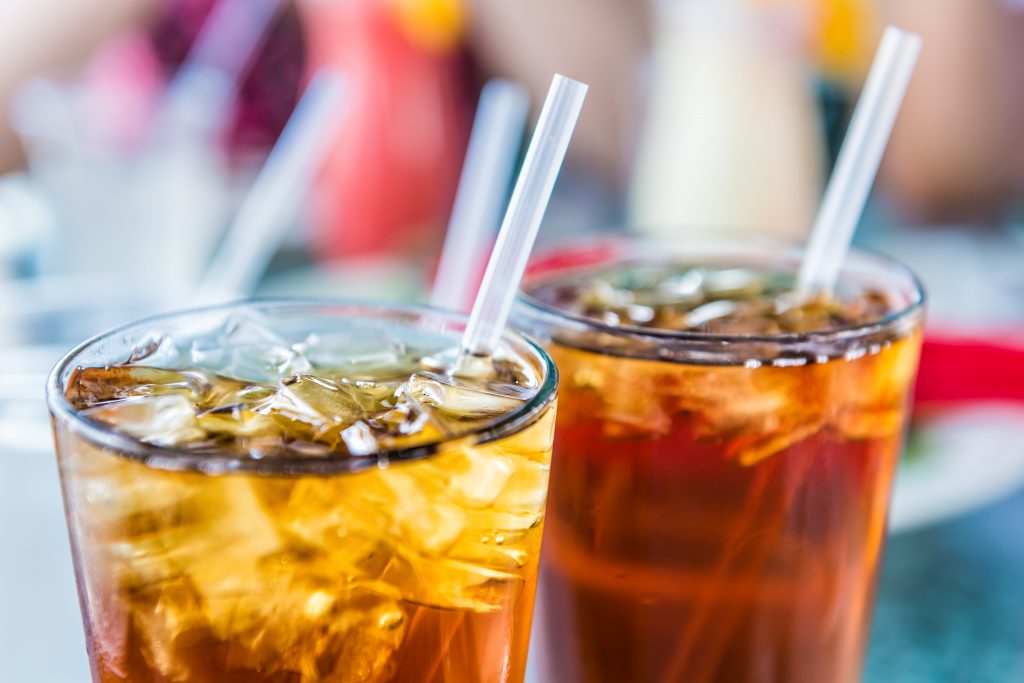In the wake of Seattle’s city-wide ban on straws and plastic utensils, many a writer has weighed in on the #straws debate. Are straws a worthy opponent of climate-change advocates? Would banning straws really do anything?
My colleague Isabella Rosario wrote a piece last week raising the concerns of customers with disabilities who need plastic straws. So yes, there are much bigger fish to fry, but if we’re going to save the fish, we have to start somewhere.
This straw debate isn’t just a hypothetical squabble. It has real applications. As for me, I work at a buffet restaurant that provides individually wrapped straws in a container next to our pop machine. Customers can and often do help themselves to one of them, and the combined paper and plastic used for straws is immense after just one shift.
For most of us, we don’t use straws, especially disposable ones, at home or anywhere that isn’t a food-service establishment. So, most people probably wouldn’t use and waste the straws if they weren’t so accessible.
With regards to people with disabilities who need plastic straws to drink easily, there seems to be a simple solution. A sign could be placed at the register that reads “Straws available upon request.” Even if half the people who would otherwise use straws still want them, that’s still a 50 percent difference. We could solve half the problem with a few words on a little sign.
California already has a bill outlining exactly this sort of policy, similar to its ban on pouring customers water unless they request it.
Perhaps the problem with these sorts of environmental debates is that even such simple actions as requiring a request for straws seems like a significant hurdle for individuals, businesses, and governments to take. I get it. All this fuss seems nearly pointless when there’s much more daunting problems, such as undrinkable water in communities — say, Flint, Michigan — or air-poisoning emissions from traffic and cattle, or out-of-control landfills that are ripping apart the ozone layer. All of those issues and more require much more detailed and sustained efforts.
Of course stronger regulations are needed to keep our air fresh and our water potable. Of course oil and coal need to be replaced with renewable energy on a global scale. Of course agriculture-animal production needs to be cut down. But we have to start somewhere, and getting rid of literal tons of straws is an easy step in the right direction. If we can’t even get this debate right, the environment is going to suck much more than the #straws.



